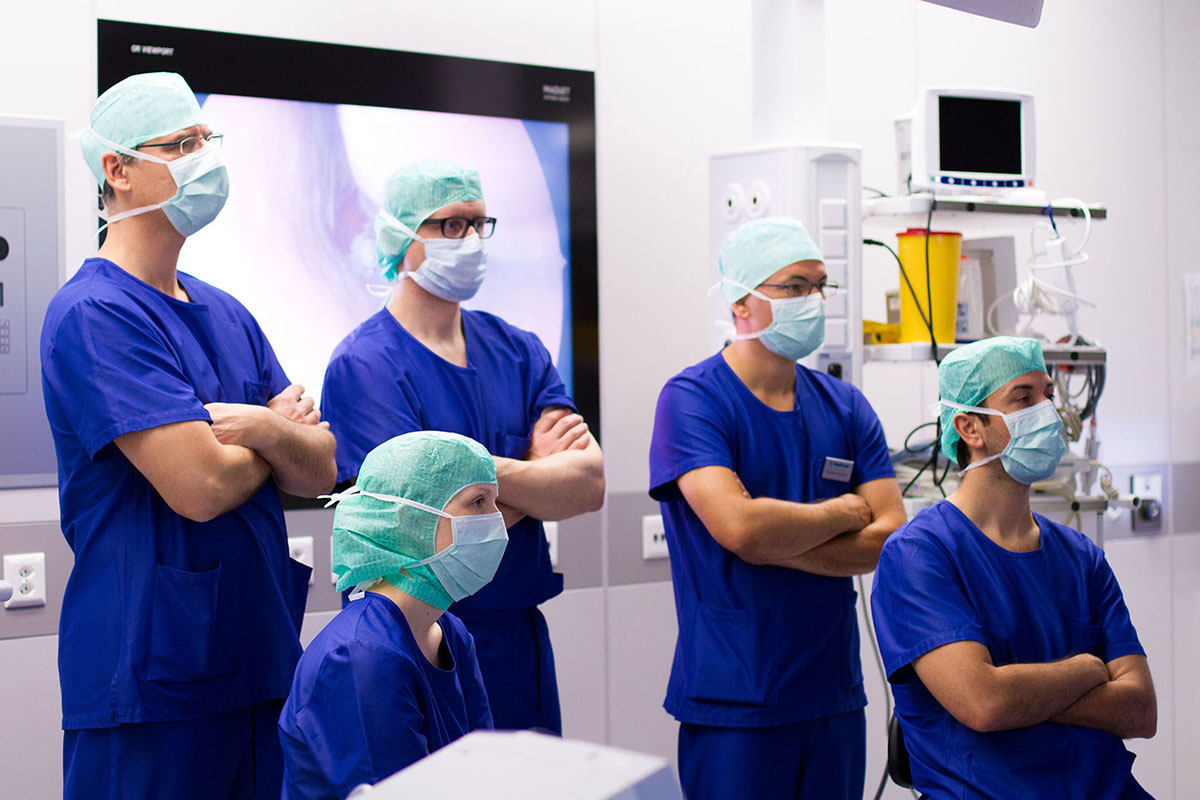Clinical observerships are invaluable opportunities for medical students to gain exposure to real-world clinical practices. Whether you're a pre-med student exploring career options or a medical student seeking to enhance your skills, an observership can be a transformative experience. This article explores the importance, benefits, and tips for maximizing your clinical observership experience during medical student rotations.
What is a Clinical Observership?
A clinical observership is a structured, short-term program that allows medical students to shadow experienced physicians and healthcare professionals in a clinical setting. Unlike traditional clerkships, observerships are typically non-hands-on experiences. Students focus on observing patient care, clinical workflows, and decision-making processes to gain insights into the healthcare system and specialty practices.
Why Participate in a Clinical Observership?
- Exposure to Diverse Clinical Environments
- Observerships provide opportunities to explore various healthcare settings, including hospitals, clinics, and private practices. This exposure helps students understand different practice styles and patient populations.
- Specialty Exploration
- For students undecided about their medical specialty, observerships offer an excellent way to explore fields like cardiology, surgery, pediatrics, or internal medicine.
- Networking Opportunities
- Interacting with healthcare professionals and mentors during an observership can open doors to future opportunities, including residency programs and research collaborations.
- Cultural Competence
- International observerships expose students to global healthcare practices and cultural nuances, enhancing their ability to provide patient-centered care in diverse settings.
- Improved Application Credentials
- Many medical residency programs value observership experience, especially for international medical graduates (IMGs) seeking to practice in countries like the United States or Canada.
How to Find Clinical Observership Opportunities
- University Partnerships
- Check with your medical school’s career services or international office for partnerships with hospitals and clinics offering observerships.
- Professional Organizations
- Organizations such as the American Medical Association (AMA) or the British Medical Association (BMA) often provide resources for observership programs.
- Direct Hospital Applications
- Many hospitals have dedicated programs for observerships. Research their websites or contact their medical education departments directly.
- Mentor Referrals
- Reach out to professors, alumni, or practicing physicians for recommendations.
Making the Most of Your Observership
- Set Clear Goals
- Define what you want to achieve during your observership, such as learning about specific procedures, understanding patient communication, or exploring a specialty.
- Be Professional
- Dress appropriately, arrive on time, and adhere to the institution’s policies. Professionalism leaves a lasting impression.
- Engage Actively
- Ask insightful questions and show genuine interest in the field. However, respect the boundaries of your non-hands-on role.
- Reflect and Document
- Keep a journal of your daily experiences, key takeaways, and lessons learned. This reflection can be invaluable for personal growth and residency applications.
- Express Gratitude
- At the end of your observership, thank your mentors and colleagues. A handwritten note of appreciation can leave a meaningful impact.
Challenges and How to Overcome Them
- Limited Interaction
- Observerships are primarily observational, which can feel passive. Counter this by asking questions and actively engaging with the healthcare team.
- Cultural and Language Barriers
- If you’re in an international setting, take time to learn basic phrases and cultural norms to improve communication and understanding.
- Logistical Issues
- Plan your travel, accommodation, and finances well in advance to avoid unnecessary stress.
Conclusion
Clinical observerships are more than just a glimpse into the medical field—they’re an opportunity to grow as a future healthcare professional. By observing experienced practitioners, networking, and reflecting on your experiences, you can gain invaluable insights that shape your medical career. Whether you’re exploring a specialty or building your resume, an observership can be a pivotal step in your journey to becoming a competent and compassionate physician.





Comments